What follows is my in-depth review and analysis of the African Court on Human and Peoples’ Rights’ fascinating African Commission on Human and Peoples’ Rights v. Libya judgement. For questions, comment and analysis please contact The Monitor via contact@acthprmonitor.org
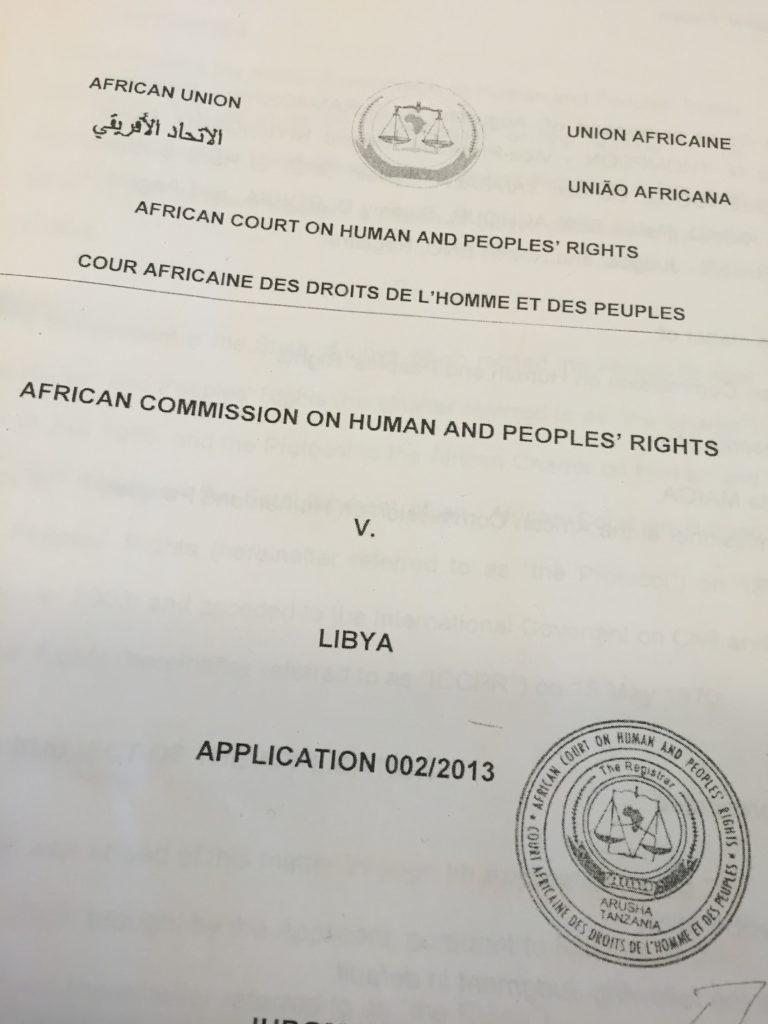
1. Introduction
On 3 June 2016, the African Court on Human and Peoples’ Rights (Court) handed down judgement in the case of the African Commission on Human and Peoples’ Rights v. Libya (Judgement). The Judgement is notable for several reasons: it is the first judgement to be rendered in default pursuant to Rule 55 of the African Court Rules, it raises the interesting issue of the transfer of cases between the African Commission on Human and Peoples’ Rights (Commission) and Court, and is the first time the Court has decided on the merits of a Commission case. But perhaps the most interesting aspect of this case is the unique context in which the Judgement was rendered, since behind the rather case generic name lays the fact that the Judgement concerns the detention of Saif al-Islam Gaddafi (Gaddafi), the son of former Libyan leader Muammar Gaddafi. As I have written previously, and as many readers will know, over the past few years Gaddafi has been subject to a game of legal tug-of-war between the International Criminal Court (ICC) and Libya over who should try him for crimes allegedly committed in Libya during his father’s rule. You can read more about this here and here, but in essence in 2013 and 2014 the ICC decided that Gaddafi should be transferred to The Hague to be tried on charges of murder and persecution as crimes against humanity relating to the Libyan uprising in 2011. Despite this ruling Gaddafi has yet to be transferred to the Netherlands to stand trial. Gaddafi’s case took another turn in July 2015 when reports surfaced that he had been sentenced to death in absentia in Libya. Now, the latest reports purportedly coming from his newly appointed legal team are that Gaddafi was actually released from Libyan detention some time this year and is safe and well and in the midst of launching a legal challenge to the outstanding charges before the ICC on the basis of non bis idem.
Certainly the power play between Libya and the ICC is extremely interesting and has taken most of the headlines, but running in parallel to this saga has been the Court’s active engagement for a number of years in the protection of Gaddafi’s African Charter and ICCPR rights. This judgement is the culmination of this process and makes for fascinating reading, not least where it points to possible issues that may still be live before the ICC.
2. Procedural Background
In April 2012 Gaddafi lodged a communication before the Commission alleging violations of Article 6 (Right to Personal Liberty and Protection from Arbitrary Arrest) and Article 7 (Right to Fair Trial) of the African Charter on Human and Peoples’ Rights (Charter). In January 2013, the Commission submitted an application to the Court seeking provisional measures pursuant to Article 5(1) of the African Court Protocol, Rule 29(3) of the Rules of the Court and Rule 3 of the Commission’s Rule of Procedure. On 15 March 2013 the Court ordered provisional measures which were, in effect, an attempt to force Libya to refrain from all judicial proceedings that would impinge on Gaddafi’s Charter rights including allowing him access to a lawyer and visits from family. The Court gave Libya 15 days to report back. Libya ignored the order.
The Judgement describes in great detail the next three years, from 2013 to 2016, which can be accurately summed up as numerous attempts by the Court to cajole Libya into either complying with its March 2013 provisional measures order or engage on the merits of the allegations. At the same time the Commission continued to lodge further applications, urging the Court to enforce its March 2013 provisional measures order, and then later to make findings on the merits of its case before finally requesting the Court to render judgement in default. I think it is fair to sum up Libya’s response as either inadequately responding or, more often, completely ignoring every request from the Court since 2013 to either enforce the provisional measures order, or provide a response to the allegations themselves. All this despite the Court’s best efforts to coax, entice or persuade Libya into engaging in the case.
Libya’s stance, or rather lack of one, had at some point to result in the Court taking the Commission’s urgings to deliver its first ever judgement in default seriously. This decision may have been hastened by the news in July 2015 that the Assize Court of Tripoli had sentenced Gaddafi to death in absentia. Certainly, the Court took these reports on the imposition of the death penalty seriously enough to issue a second order for provisional measures, reiterating its previous March 2013 order and obliging Libya to preserve Gaddafi’s life. Libya’s response to this second order was sadly predictable; Libya ignored this order too, although it’s worth noting that Gaddafi was not in fact executed. Whilst the Judgement does not detail specifically when the Court began earnestly considering a judgement in default, I think the tipping point may have been these 2015 events, with Libya not only ignoring the Court’s entreaties, but seemingly fairly brazenly violating its orders for a second time putting it again clearly at odds with the Court with no resolution on the horizon.
3. Judgement in Default
As I mentioned above, this case serves is the Court’s first judgment in default under Rule 55 of the African Court’s Rules. It states:
“Whenever a party does not appear before the Court, or fails to defend its case, The Court may, on the application of the other party, pas judgment in default after it has satisfied itself that the defaulting party has been duly served with the application and all other documents pertinent to the proceedings. Before acceding to the application of the party before it, the Court shall satisfy itself that it has jurisdiction in the case, and that the application is admissible and well founded in fact and in law”
In considering the judgement in default, it is worth noting at the outset that the Commissions’ application appears to be the same as its application back in 2012, which I will discuss further below. But to recap, the Commission requested again that the Court find that Gaddafi’s Article 6 and Article 7 Charter rights were violated, to grant a series of relief including access to lawyers of his choice, and declare Libya’s failure to comply with the Court’s provisional measures.
In applying Rule 55, the Court set out a three-limbed test: (i) proper service of all documents; (ii) jurisdiction; and (iii) admissibility of application. First, in relation to the proper service of documents, the Court considered that both the Commission and Court Registry had communicated all proceedings to Libya and therefore the first condition had been met, referring to its extensive attempts to engage with Libya.
Concerning the second limb of jurisdiction, the Court went through the familiar personal, material, temporal and territorial jurisdiction issues. For material jurisdiction, since the alleged violations were of the Charter, the Court had jurisdiction. Since the alleged violations occurred some time after Libya ratified the Charter and Court Protocol, temporal jurisdiction was satisfied. As to territorial jurisdiction, since the alleged violations occurred in Libya there was no issue. Concerning personal jurisdiction, the Court recalled again that Libya had signed the Charter and the Court Protocol. Interestingly, perhaps forestalling any arguments from Libya that it has no authority or influence over the conditions of Gaddafi’s detention, the Court considered that a “revolutionary brigade”, rather than the Libyan government itself, had detained Gaddafi. The Court held that despite the likelihood that Gaddafi’s detention was indeed by this revolutionary brigade, rather than a government authority, Libya was nevertheless responsible for the group’s actions and omission, since Libya remains under a continuing duty to ensure the application of the rights on its territory guaranteed under the Charter. Citing the Draft Articles of the Internal Law Commission on the Responsibility of States for Internationally Wrongful Acts, the Court found that persons acting in a form of authority shall be considered an act of state if the group exercising the rights is in fact exercising elements of governmental authority. The Court further recalled that the ICC had already held that the upheavals in Libya following the toppling of the Munamer Gaddafi regime cannot excuse Libya’s obligations to surrender Gaddafi to the ICC.
On the third limb of admissibility, the Court considered the now common issue of exhaustion of local remedies. The Court applied the “availability, effectiveness and sufficiency” test and found it “obvious” that Gaddafi’s secret detention meant he could not access remedies, even if they were theoretically available under Libyan law. In support, the Court noted that Gaddafi was first arraigned under a “People’s Court” which was later held to be unconstitutional by the Supreme Court of Libya. It further found that Gaddafi’s detention in a secret location, completely isolated from family, friends and access to a lawyer, and sentence to death in absentia all provided grounds to believe that he was prevented from seeking local remedies and that it was therefore impossible for Gaddafi to fulfil the usual condition of exhausting local remedies. The Court therefore found that the requirement that exhaustion of local remedies was “not strictly appliance in the instant case” given that local remedies were neither available nor effective, and that even if they were, Gaddafi had, and did not have, any possibility of using these remedies.
Lastly, the Court found the period of one year from the “firm conclusion” that Libya had failed to comply with the provisional measures ordered by the Commission in April 2012 was a reasonable time for the Commission to lodge its complaint before the Court.
4. Judgement on the Merits
Having satisfied itself that all three limbs of Rule 55 were met, the Court went on to consider the merits of the application. In doing so, the standard applied appears to that of a “normal” judgement on the merits, although it is worth bearing in mind that the Court was considering only the Commission’s submissions, since Libya never provided concrete responses to the Commission’s allegations.
It is also interesting that the Court prefaced its analysis of possible breaches of Article 6 and Article 7 of the Charter by accepting that derogation from certain rights can be allowed in certain circumstances, but that despite the “exceptional” political and security situation faced in Libya, Libya could not use this situation to derogate from Gaddafi’s Articles 6 and 7 Charter rights.
With regard to Article 6 of the Charter, the Commission argued that Gaddafi was alleged to have been in detention since 19 November 2011 without being brought before any court to contest his detention. The Commission submitted that prolonged secret detention not only constitutes a violation of human rights but can also have a knock-on effect on other violations, such as torture, ill-treatment or interrogation without appropriate protection measures. The Court found that depravation of liberty can only occur where it conforms to certain recognised international human rights standards, in particular looking proprio motu to Article 9 of the ICCPR. Using Article 9 of the ICCPR, the Court agreed with the Commission that incommunicado detention is a violation of human rights and can lead to the violation of other human rights. It held that Gaddafi’s incommunicado detention, without the assistance of a lawyer to challenge his detention constitutes a violation of his right to liberty and found a violation of Article 6.
As to Article 7 of the Charter, the Commission argued that Gaddafi had no access to a lawyer or form of representation. Consequently, the Commission contended, Gaddafi did not have the “benefit of any guarantees” during the preliminary proceedings against him including his interrogation in the absence of legal advice or the opportunity to gather evidence in rebuttal of prosecution case. The Commission argued that over two years had passed and the trial had yet to start (the timings used here, will be discussed further below). It also submitted that Gaddafi had been unable to see or communicate with his family or the outside world. Considering the right to a fair trial, the Court once again turned to the ICCPR, despite the Commission again not raising this, and in particular Article 14(1) of the ICCPR that provides all persons shall be equal before the law and shall be entitled to a fair hearing. The Court found that Gaddafi was not afforded these minimum fair trial rights at the time of his arrest, during his detention, or at the time he was convicted. To this end, the Court noted that Gaddafi was arraigned before a “peoples court” which was later found to be unconstitutional, and later sentenced to death in absentia. The Court considered that every individual arrested or detained for a criminal offence should be brought before a judge with a “minimum delay” and that tried “within a reasonable time or set free” and that Libya had violated these rights. It found that in Gaddafi’s case, he was condemned to death by an “unknown tribunal” and it was “quite obvious” that Libya had respected none of the rights set forth in Article 7 of the Charter and therefore found a violation of Article 7 of the Charter.
5. Analysis and Conclusion
The first thing to note is that the case is the African Commission v. Libya rather than “Gaddafi v. Libya” since Gaddafi’s application was filed before the Commission not the Court. The reasons for this approach are clear- Libya has signed the Article 34(6) Special Declaration allowing individuals direct access to the Court, so any such application to the Court would have been ruled outside the Court’s jurisdiction. The reasons why the Commission decided to transfer the case to the Court are not set out in the Judgement. Certainly Rule 34 allows the African Court to accept such cases, but we are none the wiser as to the criteria set by either the Commission or Court on such transfers. There is a hint in the Judgement that the Commission had ordered its own provisional measures, which if ignored may well have prompted the Commission to transfer the case. It is interesting to note that the Court confirmed that where the Commission brings a case, assessing whether a member state has signed the Article 34(6) Special Declaration is not required. This small comment could have big consequences moving forward, as it appears to confirm that an application from individuals or NGOs with observer status from a AU member state who has not signed the Article 34(6) Special Declaration can use the Commission as a route to the Court, at least in theory. The key question will be how to persuade the Commission to transfer the case.
This case therefore demonstrates the alternative route that may be available for applicants from AU member states that have ratified the Protocol but not the Special Declaration- submit an application to the Commission and request, or perhaps just hope, that the Commission decides to transfer the case over. Clearly what are needed are clear guidelines from either the Commission, the Court or ideally both on the test or standard which is applied for the transfer of cases between the two. Without this guidance applicants and member states are very much in the dark about how these transfers occur.
The current Commission-then-Court scenario also creates the seemingly confusing situation whereby the “Applicant” is the Commission rather than Gaddafi. It is not entirely clear from the Judgement who is making the submissions concerning the violations. For example, was the Commission able to take instructions from Gaddafi and put forward his claim accurately? Given the context in which this case occurred with Gaddafi held incommunicado, its seems highly unlikely that the Commission was able to discuss the case with Gaddafi. This raises practical issues moving forward with similar transferred cases. Is the Commission “acting” for the complainant? Does the Commission “represent” the complainant, or do they in effect step away from litigating the case once they have transferred it? Some clues can be gleaned from the Ogiek case, where the Court’s judgement is currently pending. This case is another transfer from the Commission to the Court. We know from the hearing that was held in November 2014, that the complainant themselves were heard and allowed to make submissions through their lawyers, so it seems the Court has in effect allowed the complainant i.e. the Ogiek people to litigate the matter.
Another difficulty of having the Commission bring the case is demonstrated where the secrecy of Gaddafi’s detention and Libya’s non-compliance combine. The result is a slightly confusing situation whereby the Judgement makes no mention of the possibility that Gaddafi was released. In fact the Judgement makes clear that as far as it is concerned Gaddafi remained in detention up until the rendering of the Judgement on 3 June 2016. This goes against at least some reports that Gaddafi has been released from detention. Despite Libya’s almost complete non-compliance with the Court throughout the process, it is still perhaps surprising that if Gaddafi had been freed, Libya did not communicate this to the Court along the lines of “this is all now moot as he has been released”. Of course, the Court may well be entitled to render a judgement on the detention of Gaddafi up until his release in any event, but certainly the orders emanating from the Judgement would be very different if Gaddafi was known to have been released. Additionally, there seems to have been no communication from the Commission either. Again, if such a development were proved to be true this does not diminish the alleged violation of Gaddafi’s rights whilst in detention but it could perhaps be expected that either the Commission, Libya or Gaddafi himself would inform the Court of such an important development.
One very practical suggestion to at least clarify the nature of transfer cases is for the Court to file these cases as the “complainant v. member state” and relegate the Commission’s role in transferring the case to a note in the introduction or mention on the front page along the lines of “Transferred from the African Commission pursuant to Rule 34”. Alternatively, the Court may consider amending the name of transfer case with the name of the applicant in the case title too, so for this case “Commission (Gaddafi) v Libya”. A change along these lines will also help pre-empt future confusion when the Court begins to entertain more that one transfer from the Commission from the same member state. Without a change we see several “Commission v Country” cases with no obvious way of knowing which is which other than the date.
The next issue worth analysing is the nature of the default judgement itself. What is clear from this Judgement is that Court observers should not expect a flood of similar judgements in default to flow from the Court, or for applicants to view judgment in default a potentially easy route. The Judgement does not go into any detail on the African Court’s thinking on rendering judgement in default, but it does go to great pains to set out the many attempts it made to get Libya to comply, or at the very least, engage in the case.
It should also be noted that fulfillment of Rule 55 does not automatically result in a decision in favour of the applicants. Instead, it serves as the path down which the Court can go in order to then consider the merits of the case. It is perfectly possible therefore for the Court to find the three-limb test of Rule 55 fulfilled but still find the applicant’s case fails on the merits. In fact, the Rule 55 test looks very similar to that ordinarily employed by the Court in cases where the Respondents engage in the case. Specifically, the Court’s three limbed test for judgement in default consists of satisfaction of jurisdiction and admissibility as found in all cases considered by the Court, going so far as to say consideration of both should be done proprio motu even where the state does not raise objections (which seems the very point in judgements in default) plus the third limb bolted on that all communications were presented to the respondent state. This makes sense, but does not in effect mean the Court need be satisfied of much more than in an ordinary compliance case.
Interestingly, the Court forestalled future attempts by member states to disavow actions of groups it claims are not under its control but operating on in its territory. The Court found in effect that even where a “group” may not be under the control of the member state, the member state remains under a duty to ensure compliance with the Charter across its territory; thereby dismissing any arguments by member states that “we can’t do anything about it”.
Turning to the violations of Article 6 and Article 7 of the Charter themselves, perhaps not unexpectedly the Judgement does not provide a great deal of analysis. Why so little analysis? I would argue that since the Court found the allegations of incommunicado detention without access to lawyers, length pre-trial detention and a trial in absentia factually correct these allegations amount to fairly obvious violations of Article 6 and Article 7 of the Charter. It is interesting to note however that for Article 6 of the Charter, the Court looked to Article 9 ICCPR even though Commission didn’t specify this. This therefore appears to be some interpretative work by the Court in looking at other international human rights instruments in order to interpret the African Charter rights. Interestingly, the Court did not go so far as to say he hadn’t been brought before a court, despite the Commission raising this in their complaint.
As to Article 7 of the Charter, the Judgement lays bare the apparent lack of updates from the Commission on the ongoing nature of Gaddafi’s situation, including the possibility that Gaddafi was released. It appears from the summarised arguments of the Commission in the judgement that the Court was taking the arguments from the Commissions original application, for example “over two years have lapsed since his arrest, and his trial is yet to start” is clearly several years out of date. Either the Court failed to properly summarise the Commission’s updated application, or the Commission failed to update the Court since its original application in 2012. If the fault lies with the Court this would seem sloppy, but it is even more disappointing if the Commission has failed to properly update the Court on the constantly changing situation since its original application which may have a huge impact on the case, for example if Gaddafi’ conditions of detention had become worse, or he has indeed been released. It is also worth noting that the Court states that Gaddafi did not enjoy the right to a fair trial upon arrest, during his detention or “at the time he was convicted”. This clearly shows that the Court considers that contrary to the Commissions (old?) submissions Gaddafi has been convicted in Libya of something. Of course it does not tell us what he was convicted of or by whome since the Court found that in Gaddafi’s case, he was condemned to death by an “unknown tribunal”.
Finally, having delivered Judgement in default there seems to be nothing preventing the Court from now considering the awarding of reparations to Gaddafi for the violation of his rights. Of course, any such reparations would need to be carried out by Libya itself and given its shunning of the Court so far, this may well be very unlikely, but this should not serve as a reason for the Court not to consider the issue of reparations. Certainly on the basis of the Judgement alone, there seems a case for the awarding of reparations to Gaddafi for the time he has spent in detention in violation of his rights, irrespective of whether he is now free.
Moving forward, it will be interesting to see what if any actions Libya take in response to this judgement, or how the Court will seek to enforce this on Libya. Given Libya’s attitude towards the Court thus far, we may not have seen the end of this matter just yet.
As always the views expressed herein are those of the author and do not necessarily reflect the views of the United Nations or any other organisations affiliated to the author.
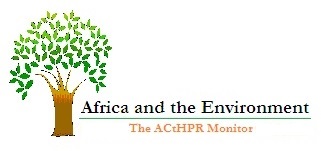



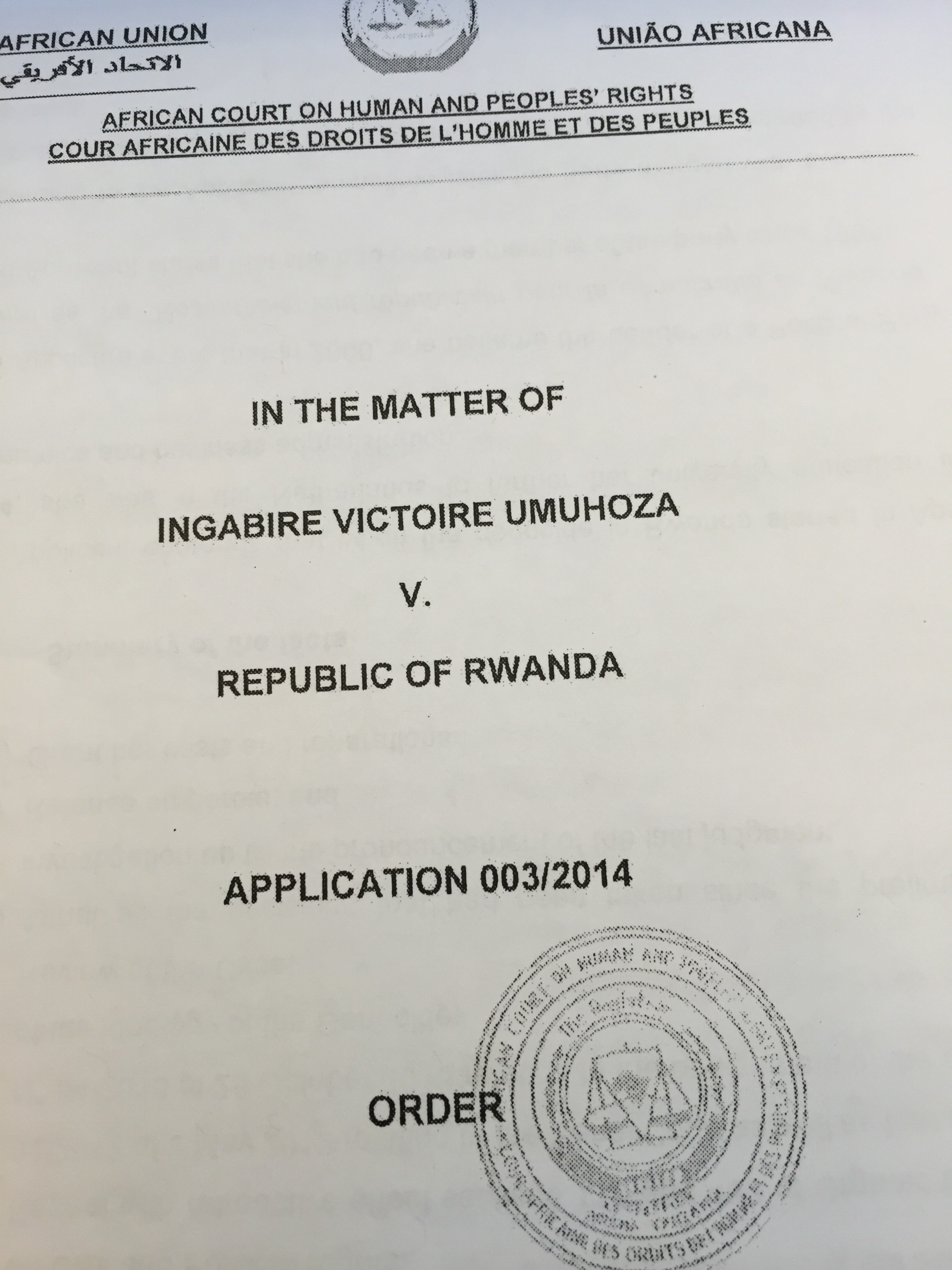

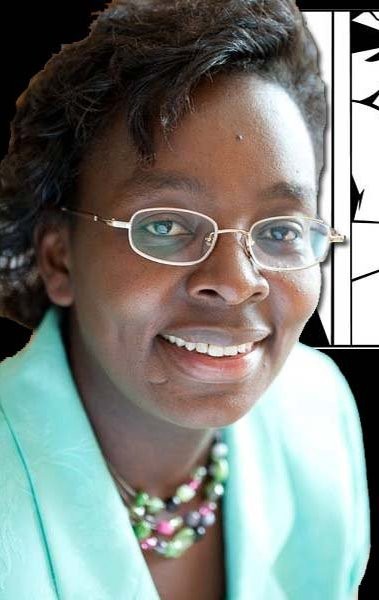
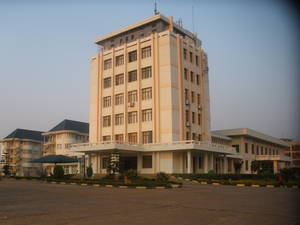
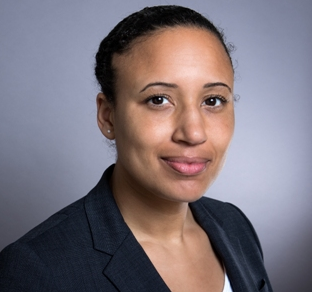
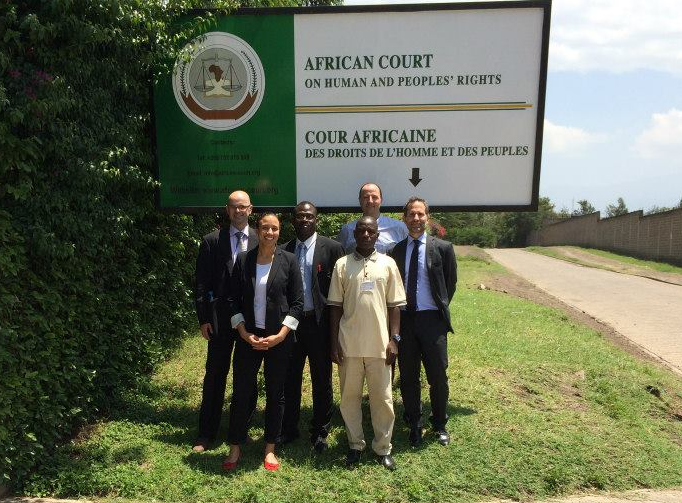
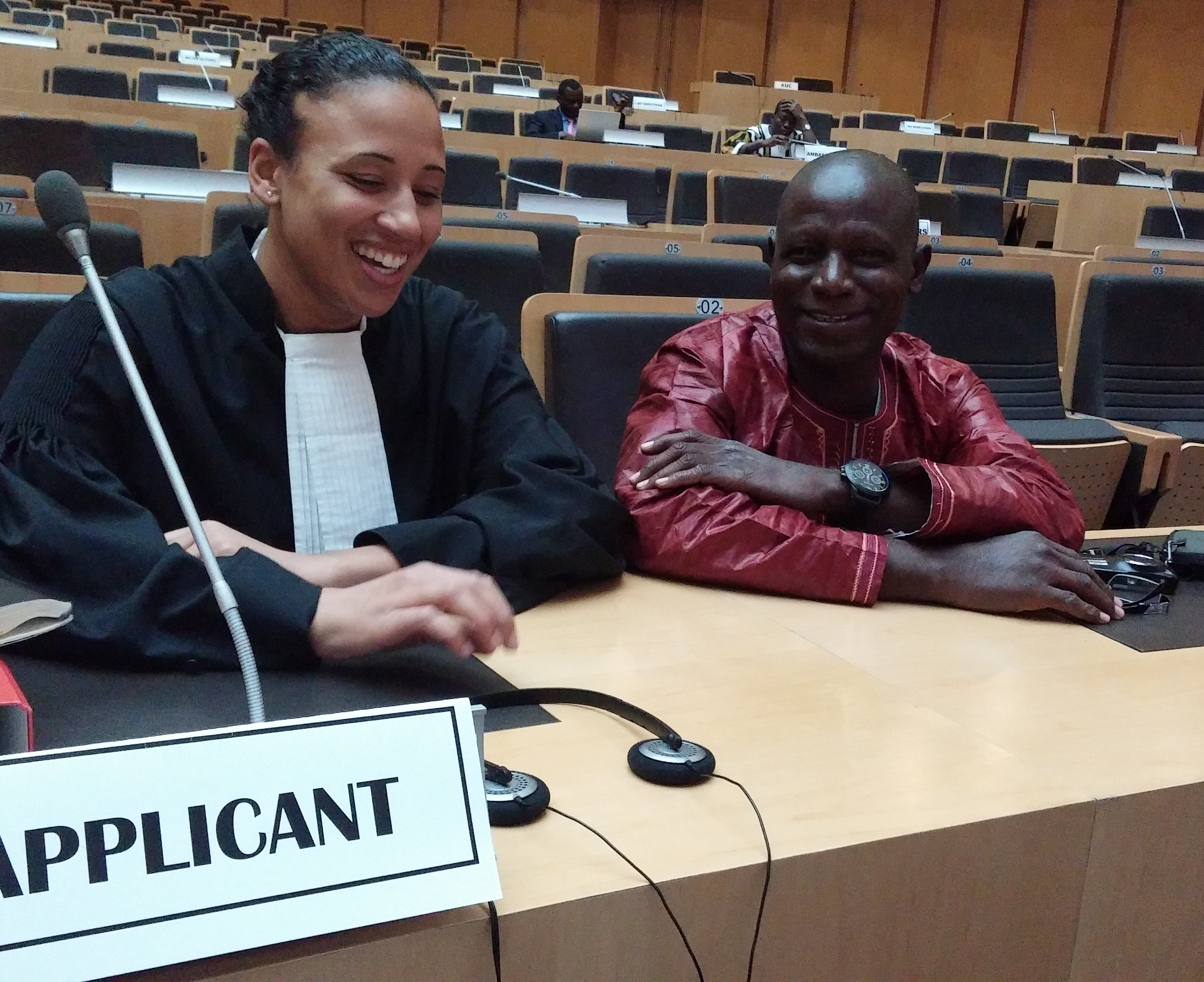

 Junior Editor of The Monitor.
Junior Editor of The Monitor.